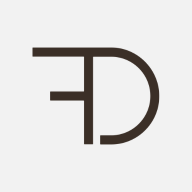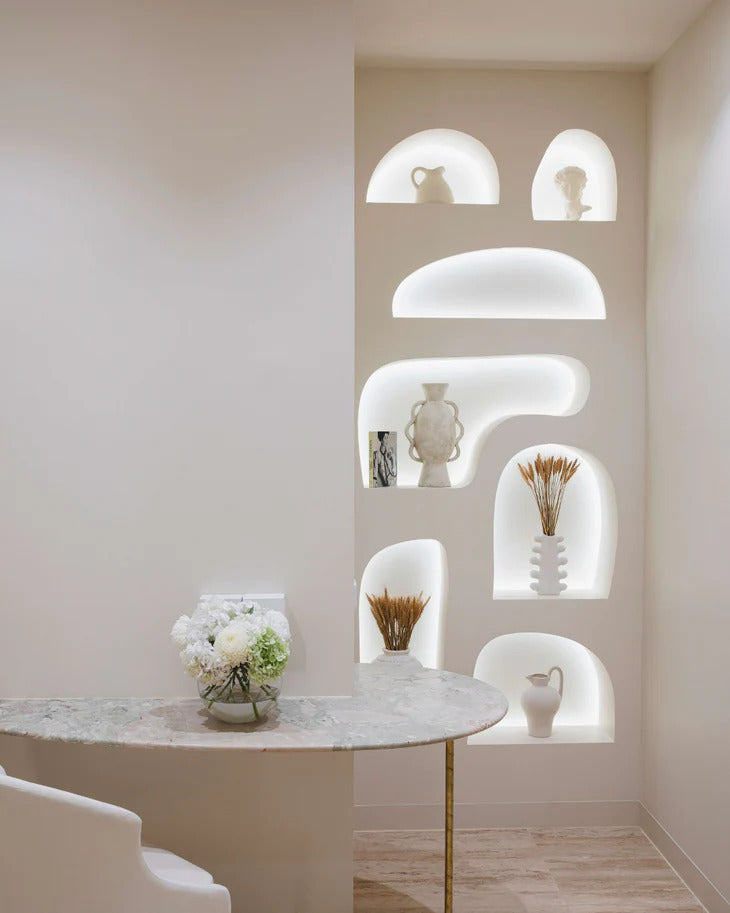
Stretch Marks
Stretch marks (striae distensae) are dermal scars that occur when the skin is stretched beyond its elastic capacity, causing micro-tears in the collagen and elastin network. This structural damage is often linked to periods of rapid body change such as pregnancy, adolescent growth spurts, bodybuilding, or significant weight fluctuations. Hormonal influences, particularly elevated cortisol, can also impair fibroblast function, making the skin more prone to tearing. Fresh stretch marks (striae rubra) appear red, purple, or pink due to increased vascularity, while older marks (striae alba) are pale and atrophic due to reduced pigment and collagen density. While harmless, they represent a breakdown in skin architecture, which modern treatments aim to repair by stimulating collagen remodelling, evening pigmentation, and restoring dermal thickness.
Recommended treatments

Lutronic eCO₂ Laser
Fractional CO₂ resurfacing is widely regarded as one of the most effective methods for treating mature stretch marks. The Lutronic eCO₂ delivers micro-ablative columns of energy into the dermis, creating a controlled wound-healing cascade. This stimulates robust neocollagenesis and elastin production, helping to fill the depressed areas and smooth uneven skin texture. Multiple sessions are usually required, with continued improvement over 3–6 months post-treatment.

Microneedling with Exosomes
Microneedling works by creating thousands of controlled micro-injuries in the dermis, stimulating fibroblasts to produce fresh collagen and elastin. When combined with exosome-rich serums—cell-derived vesicles containing growth factors, peptides, and signalling molecules—the regenerative process is amplified, accelerating skin repair and improving both texture and pigmentation in stretch marks. This combination is particularly effective for both early and mature marks, with minimal downtime compared to lasers.

Vascular Laser (Excel V+)
For newer stretch marks that are still red or purple, the Excel V+ vascular laser selectively targets oxyhaemoglobin in the excess capillaries. This reduces redness, speeds the transition from striae rubra to striae alba, and helps even out skin tone so stretch marks become less visible sooner.

Laser Genesis
Laser Genesis delivers gentle, non-ablative heating to the dermis, stimulating fibroblast activity and low-grade collagen remodelling. It is especially useful for early-stage stretch marks and can be combined with other treatments for an additive effect on texture and colour correction.

PDO Mono Threads
PDO mono threads are fine, dissolvable sutures placed just beneath the skin’s surface. As they dissolve over several months, they trigger a targeted collagen-building response, thickening the dermis in stretch mark–affected areas. This improves firmness, reduces surface irregularity, and enhances the skin’s ability to reflect light evenly.

Biostimulators
Injectable biostimulators—such as calcium hydroxyapatite or poly-L-lactic acid—stimulate collagen production gradually over weeks to months. When placed in areas with stretch marks, they help strengthen the dermal matrix, restore elasticity, and reduce the visible indentation of older marks.



